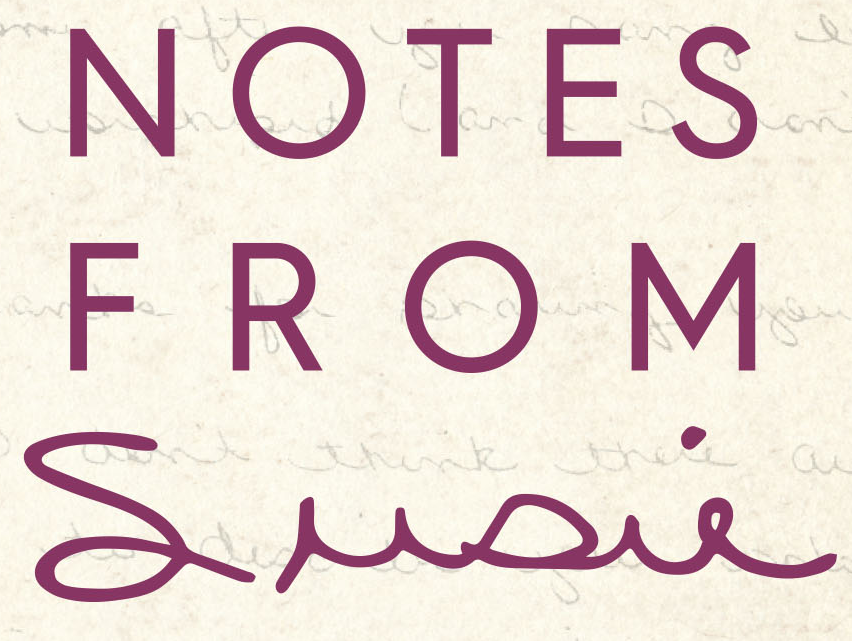Surely you’ve noticed all the new terms in vogue skirting the issue of lying. First there was “fake news,” then “alternative facts,” and more recently “incomplete information” was added to the lexicon. (Any day now, I expect “intentional misleading” to burst onto the scene.) The main thing, if not the ONLY thing missing from that last week’s “incomplete information” was the truth. How is one to know what to expect, what the reality of nearly any situation actually is, who is trustworthy, how to plan, on and on amid blatant lying no matter what you call it?
A pastor with whom I worked early on in my music ministry made it abundantly clear to me that the impression left with a parishioner over a particular matter was more important that the actual words said. He was absolutely right and as you can tell, I’ve never forgotten it.
Thank Goodness Christian faith has a perfectly reliable source that neither misleads nor delivers alternative facts. Although the Bible is not inerrant or infallible – there are conflicting accounts of more than one biblical event – still its message is complete, true and trustworthy.
The hymnwriter knew this when he wrote –
Word of God, across the ages comes the message to our life;
source of hope forever present in our toil and fear and strife;
constant witness to God’s mercy, still our grace whate’er befall,
guide unfailing, strength eternal, offered freely to us all.
Story of the wondrous journey from the shadows of the night;
garnered truth of sage and prophet, guiding forward into light;
words and deeds of Christ our Master, pointing to the life and way,
still appealing, still inspiring, ‘mid the struggles of today.
In the tongues of all the peoples may the message bless and heal,
as devout and patient scholars more and more its depths reveal.
Bless, O God, to wise and simple, all the truth of ageless worth,
till all lands receive the witness and Your knowledge fills the earth.
Words – Ferdinand Q. Blanchard, 1953
But even the Bible is not God’s only word or final word. God still delivers His reliable word to people today, sometimes through the Bible, but also by other means and in other ways. Another hymnwriter knew this when she wrote “beyond the sacred page, I seek Thee, Lord.”
Fake news? No. Alternative facts? Not hardly. Intentional misleading? Never.
“All [we] have needed, Thy hand [and word] hath provided.”
- Mark

